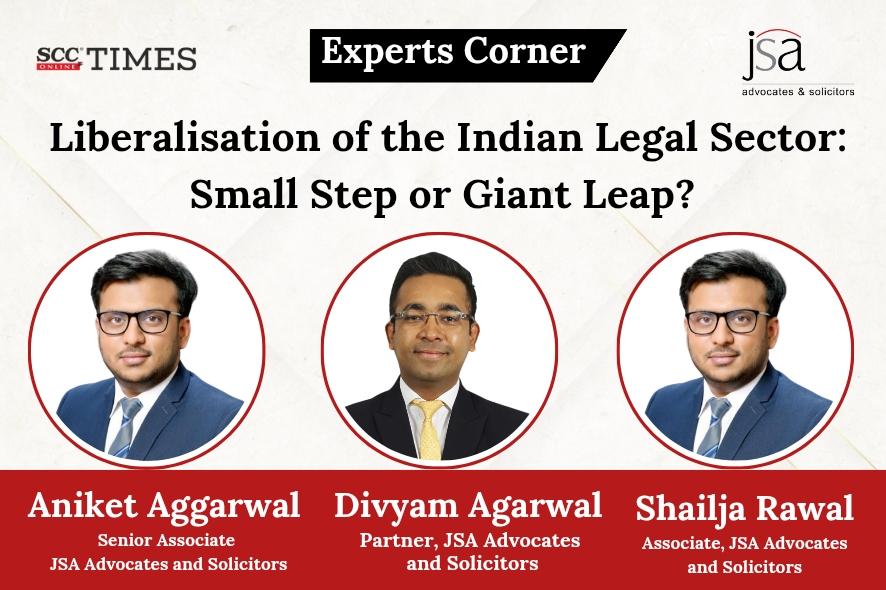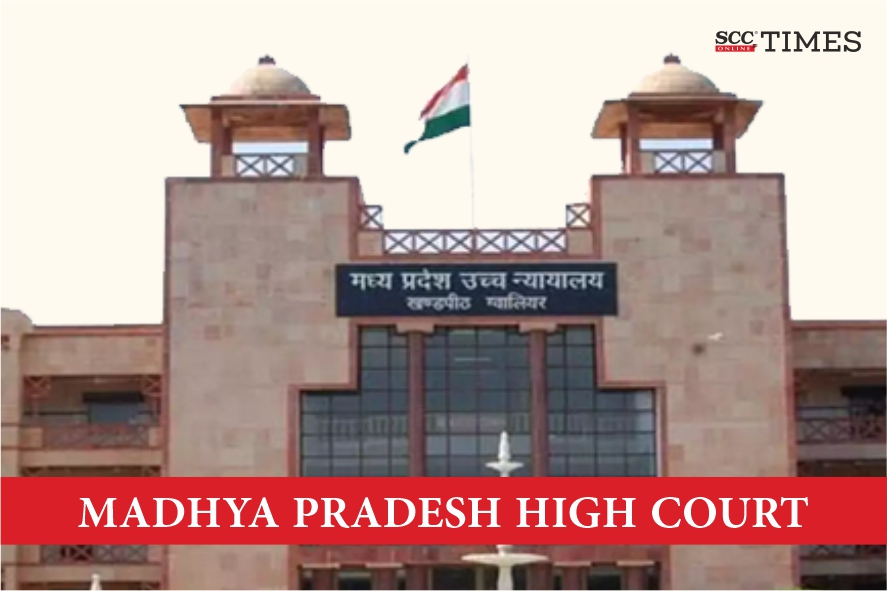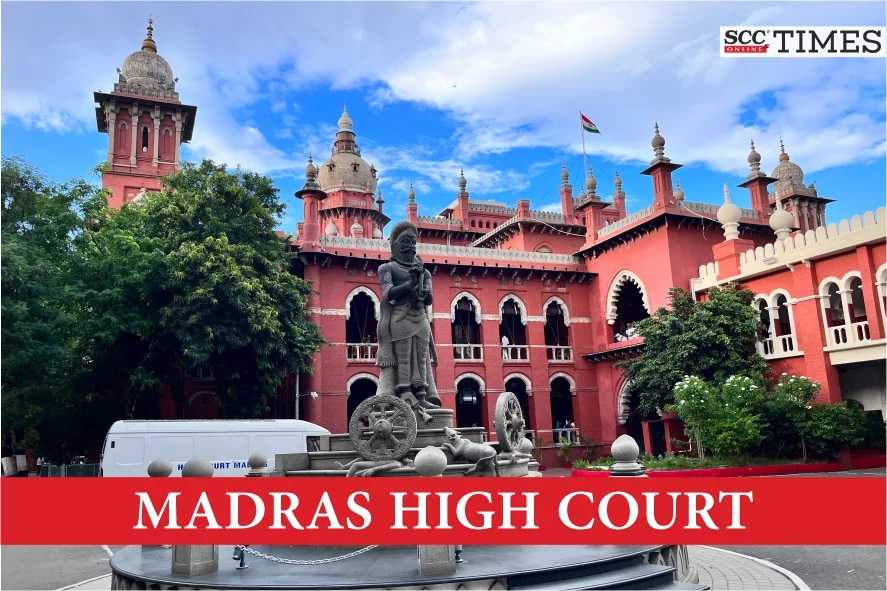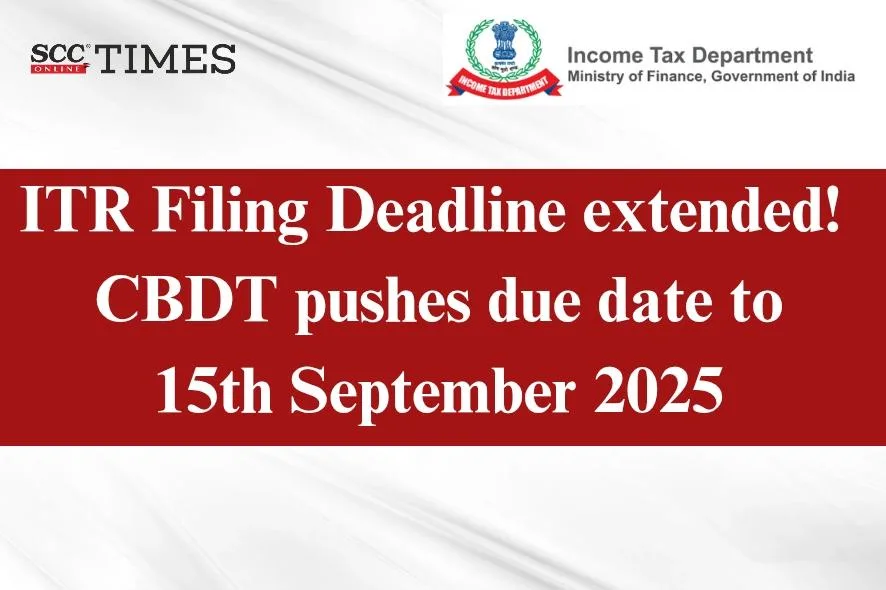Delhi High Court: In a petition filed by the minor petitioners, who had lost their parents, stating that the properties belonging to the parents of the petitioners were being frittered away and that they had no other alternative but to approach the present Court and invoke parens partriae jurisdiction to secure their interest, Subramonium Prasad, J., stated that the case of children who were helpless victims of circumstances must be dealt with compassion and a sympathetic attitude and approach must be adopted by the Courts. Thus, the Court issued directions for considering the applications for guardianship and for protection of the properties of the children.
Background
Since, in the present case, the issue involved the common question of law, the two petitions were taken up together for adjudication. Further, all the minor children in the petitions are collectively referred to as petitioners.
As per the facts of the present petition, on 06-09-2022, petitioners came back from the market along with their mother. One of the petitioners went to the kitchen to drink some water and while he was drinking water, his father, who was fully intoxicated, barged into the house with a knife in his hand and suddenly stabbed him on his forearm. Further, upon hearing the scream, other petitioner and their mother rushed into the kitchen, and thereafter, the petitioners’ father lunged towards the mother and stabbed her in the stomach with a knife. Then, the petitioners ran out of the house. The petitioners’ mother died, and their father committed suicide. Thereafter, the petitioners were placed in the Boys Home by the Order of the Child Welfare Committee (‘CWC’).
Similarly, as per the facts of the second petition, it was stated that the petitioners’ father used to beat them mercilessly under the influence of alcohol and he did not provide food to the petitioners leading to their physical, emotional abuse. One day in June 2020 when the petitioners’ father was beating them under the influence of alcohol, one of their cousins called the PCR and made a complaint. When the police reached the spot, they found the petitioners’ father, under the influence of alcohol, beating the petitioners. Thereafter, CWC observed that the petitioners were in a vulnerable condition and their father was in judicial custody and, therefore, the in-charge/Welfare Officer, was directed to take the custody of the petitioners. It was stated that the petitioners’ father had passed away and their mother had left the family a few years ago and was not interested in their welfare.
The counsels appearing for the petitioners in both the petitions stated that the petitioners were not in possession of the assets left behind by their deceased parents and were forced to lead a traumatized and destitute life because of the crimes committed by their parents in the state of intoxication. It was further stated that to ensure that no prejudice was caused to the petitioners’ properties and to secure the future of the petitioners, directions might be issued to secure their moveable and immovable assets.
Analysis, Law, and Decision
The Court after careful perusal of the relevant provisions of Guardians and Wards Act, 1890, the Juvenile Justice (Care and Protection of Children) Act, 2015 (‘JJ Act, 2015’) and the Family Courts Act, 1984, which protected the rights of such orphaned children observed that there were various lacunae in the legislature because of which there was a lack of coordination between various organs of the State, be it Courts or the Executive. To fill up such gaps and to avoid delay, the present Court had directed the State to frame and implement guidelines to ensure timely action of all the organs of the state to protect the rights and for the welfare of such children. This Court suggested the counsel appearing for CWC to frame guidelines for safeguarding the property rights of orphaned children in Delhi. The Court further considered the draft guidelines as framed by the CWC and directed the State to frame the guidelines to be followed by the authorities concerned.
Regarding the manner, in which such cases were dealt by the Courts, the Court stated that the case of children who were helpless victims of circumstances must be dealt with compassion, and a sympathetic attitude and approach must be adopted by the Courts. Courts were zealous guardians for the protection of the properties of minors and efforts must be made to ensure that the properties are immediately secured so that they were not frittered by unscrupulous relatives who like vultures want to prey on the meagre belongings that were left behind for them on which only they had the rights.
Thus, the Court passed the following directions to Courts considering the applications for guardianship and for protection of the properties of the children:
-
The application filed by the District Magistrate for guardianship over a minor child’s property should be placed before the Family Court, already dealing with the application of guardianship of the child to avoid conflicting directions and speedy disposal of application.
-
Interim orders necessary to protect the property of the child to be passed expeditiously, preferably within a period of four weeks from the date of application.
-
The Family Courts concerned should adopt a child-centric approach. A separate counsel on behalf of the child should be appointed to ensure that the views of the child were duly considered.
-
The Family Court must keep the case pending till the child attained the age of majority. The guardian should be asked to submit yearly accounts to the family court concerned, which should oversee the accounts and statements as filed by the guardian.
-
In case the child was eligible for adoption as per the JJ Act, 2015 and the Adoption Regulation 2022, the pendency of an application for protecting the child’s property might not be in any way be allowed to hinder the process of adoption.
-
Where there were two or more siblings, the State would protect the interest of the minor sibling(s) and defend and institute all claims, suits on their behalf. In cases where there were legal heirs other than the orphaned child, the District Magistrate should duly protect the interest of the child by contesting and instituting such proceedings as applicable under the applicable guardianship laws, personal laws and civil procedure.
The Court directed to ensure that the directions were scrupulously followed and disposed of the present petition.
[G v. State (NCT of Delhi), 2025 SCC OnLine Del 2203, decided on 2-4-2025]
Advocates who appeared in this case:
For the Petitioners: Tara Narula, Harshvardhan Jain, Priya Sahil, Ankita Talukdar, Shivangi Sharma, Anirudh and Priya Watwani, Advocates
For the Respondents: Mehak Nakra, ASC with Aditi Kapoor, Devansh Solanki and Karan Dalal, Advocates; Dayan Krishnan, Senior Advocate with Sanjeevi Seshadri, Sukrit Sethi, Shreedhar Kale and Manan Agarwal, Advocates (Amicus Curiae); Hemant Gupta, Legal-cum-Probation Officer, Department of Women and Child Development, GNCTD.












